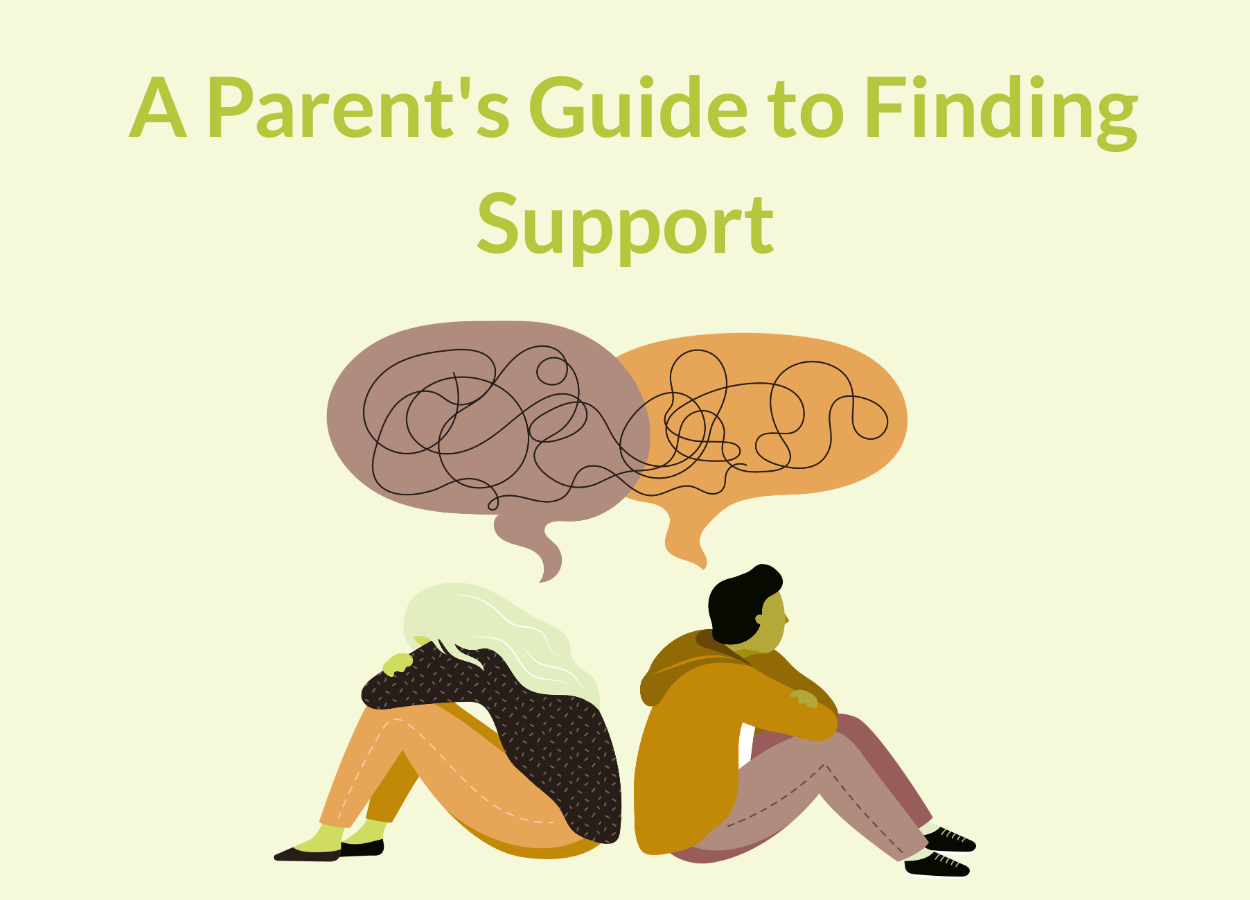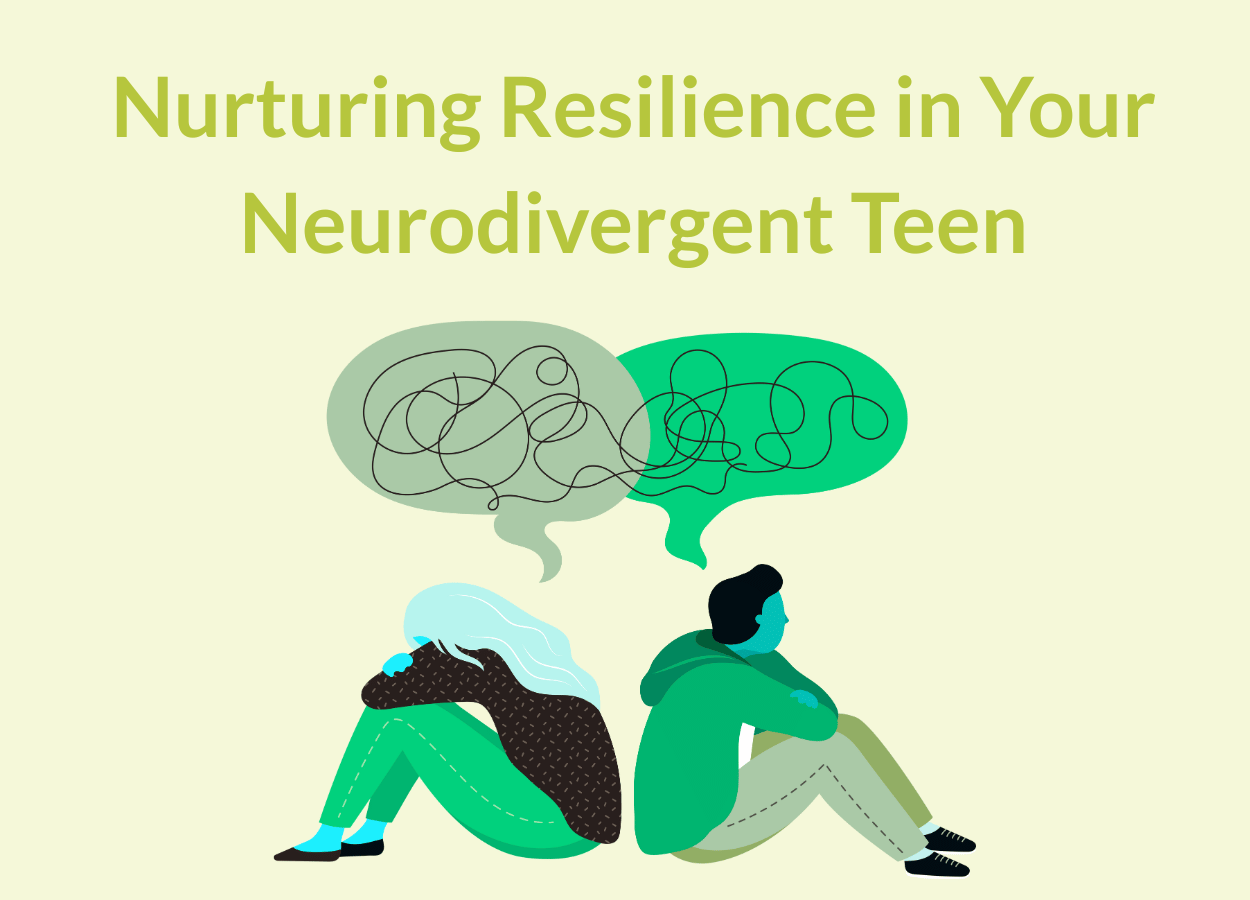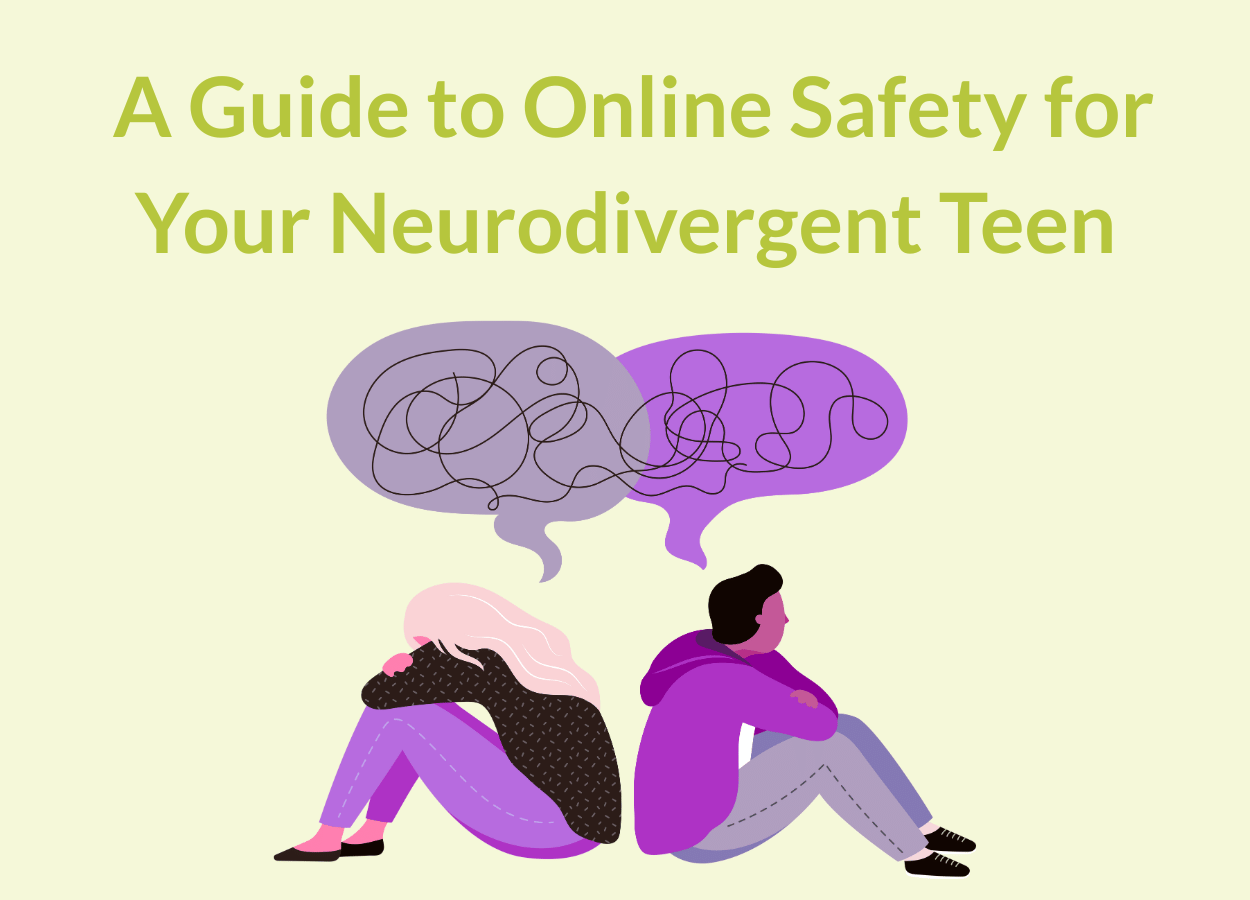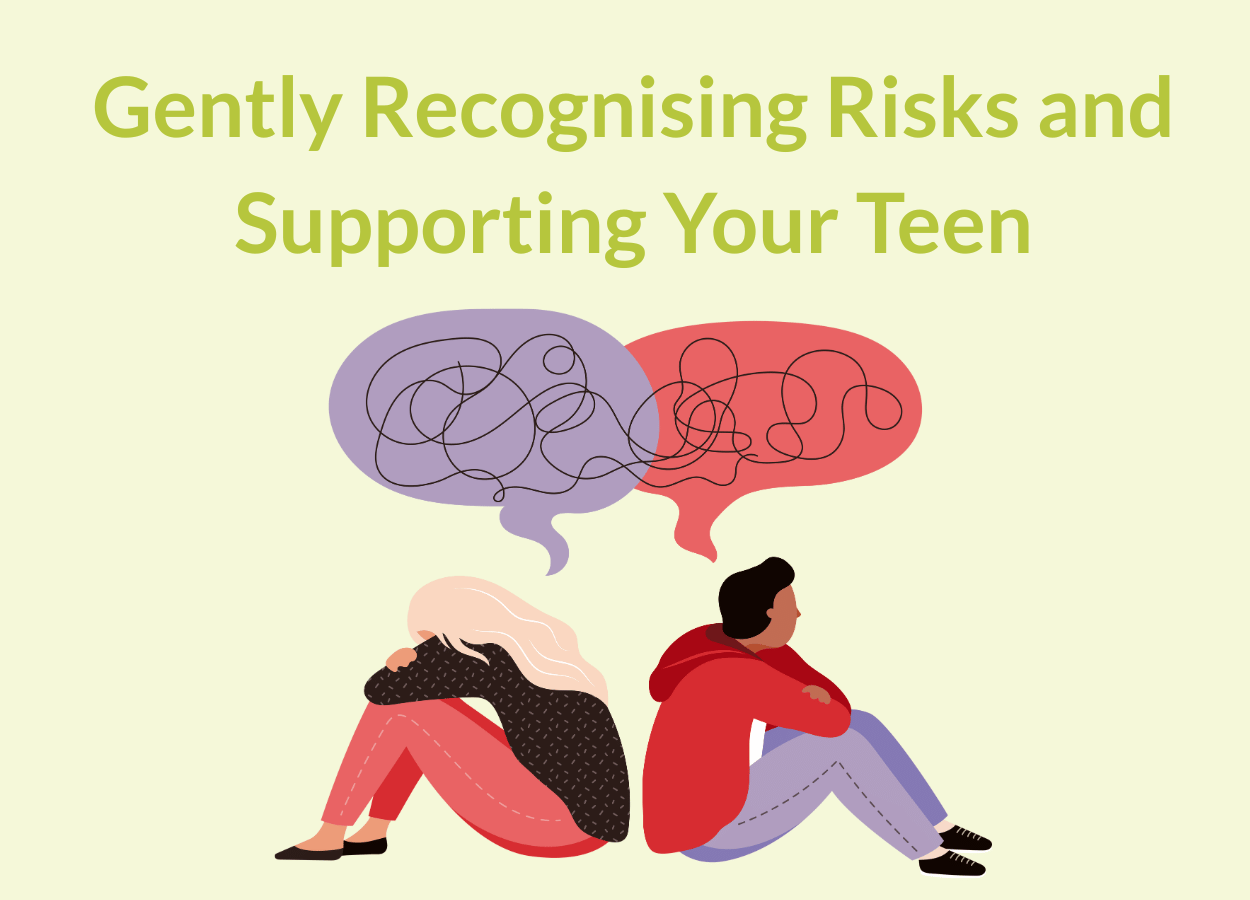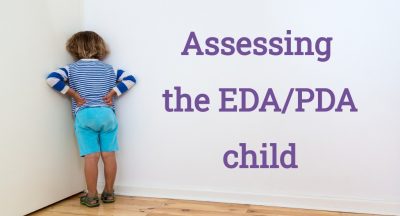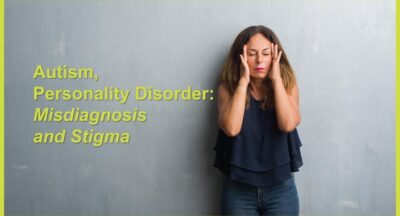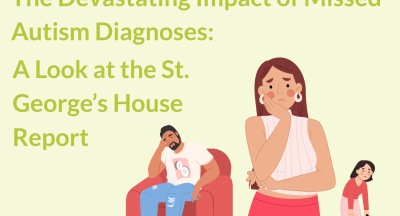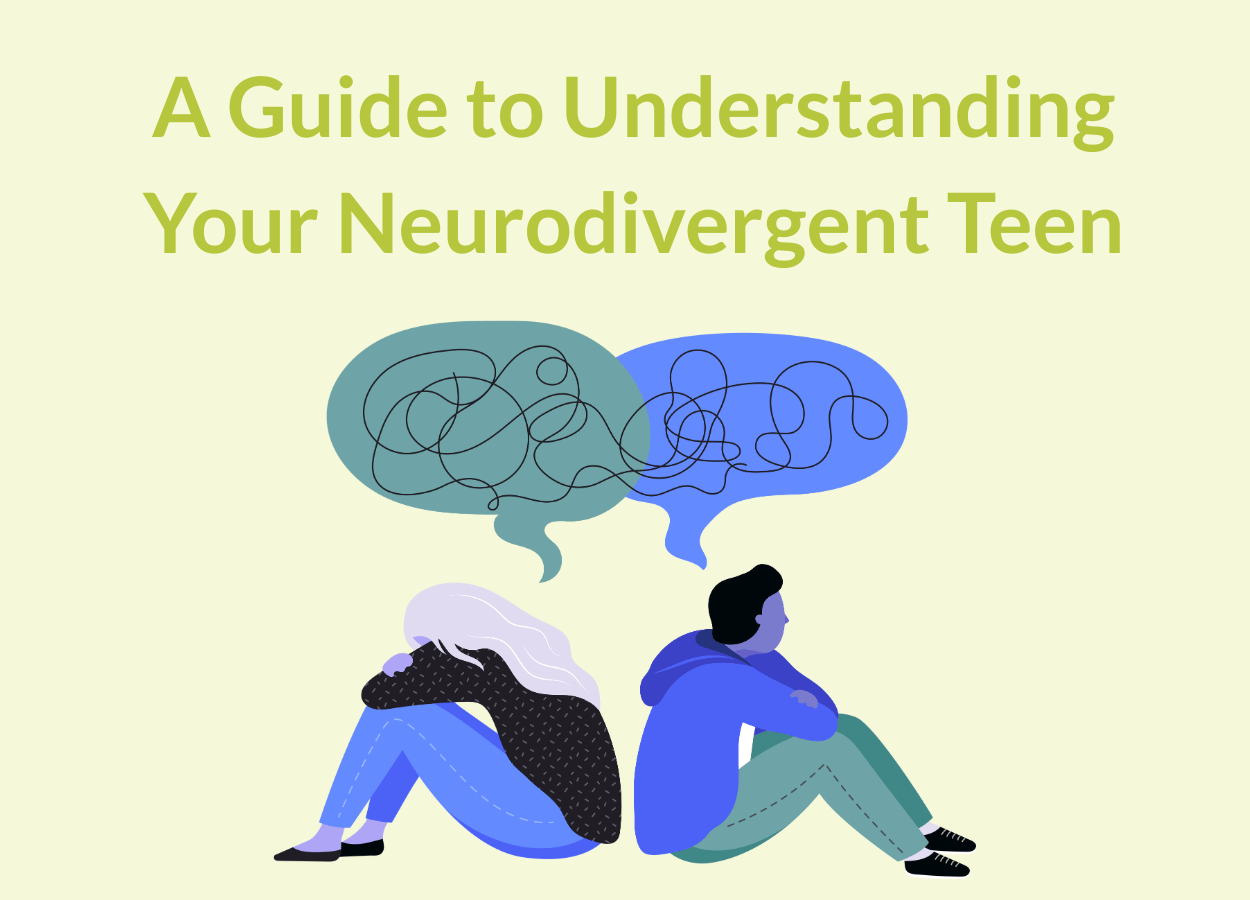
Last updated: 4th September 2025
This article is the first in a five-part series intended to be a warm and supportive guide for you. Together, we’ll explore some of the situations where neurodivergent young people might need a little extra support and, most importantly, the practical and empowering ways you can be there for them. We’ll begin here, with the most important step of all: understanding. By trying to see the world through their lens, we can move from a place of worry towards one of informed, confident, and compassionate action.
The Autistic Experience: A World of Detail, Honesty, and Comfort in the Familiar
A key aspect of the autistic experience is in social communication. The neurotypical world is often filled with unspoken rules, sarcasm, and subtle body language. For an autistic mind that is beautifully logical, literal, and direct, navigating this can be like trying to read a book with half the words missing. Your teenager might hear a sarcastic comment like, “Oh, great job spilling that,” and take it as genuine praise, only to be confused by the frustration that follows. This literal interpretation isn’t defiance; it’s a reflection of their own honesty. They naturally assume others are being just as straightforward, which can make it difficult to realise when someone has a hidden motive or isn’t being truthful. This inherent trust, a truly lovely quality, is something that needs to be gently nurtured and protected.
This is often connected to the way they interpret non-verbal cues. While a neurotypical person might quickly sense anger from a clenched jaw and a sharp tone of voice, an autistic teenager might only focus on the words being spoken. They may not automatically pick up on the emotion behind the message, which can make it harder to spot the warning signs if someone is untrustworthy or has unkind intentions.
Another cornerstone of the autistic experience is a deep-seated need for routine and predictability, which helps to make the world feel safe. The world can often feel like a chaotic and overwhelming place; routines and focused interests act as a comforting anchor in that
storm. You might notice that your teen feels settled by eating the same breakfast every day or becomes understandably distressed if plans change unexpectedly. This isn’t them being difficult; it’s a valuable strategy for managing anxiety. It’s helpful to be aware that someone
with ill intentions might notice this routine to arrange ‘chance’ meetings or, in rarer situations, disrupt routines to cause distress.
Finally, many autistic individuals experience the world through a different sensory lens. The hum of fluorescent lights might feel intensely loud, or the seams in a sock might be incredibly uncomfortable. This can sometimes lead to sensory overload, which might look like a ‘meltdown’ or a quiet shutdown. Understanding and supporting their sensory needs is a wonderful way to help create a calm and relaxing home environment where they can truly recharge.
The ADHD Experience: A World of Impulse, Passion, and Living in the Moment
Impulsivity is a common trait, often described as having a powerful engine with less-reliable brakes. Your teenager might say something without thinking it through or act on a sudden whim, experiencing their emotions with a wonderful, fiery intensity. This isn’t them trying to be disruptive; it’s a genuine difficulty in pausing to consider the consequences before acting. This is an area where they might need support, as someone offering a ‘too-good-to-be-true’ opportunity could find a receptive audience in a teen who is wired to act first.
Underpinning this are challenges with executive functions—the brain’s ‘CEO’ responsible for skills like planning, organisation, and managing emotions. In an ADHD brain, this ‘CEO’ can often feel overwhelmed. This can make it tricky for your teen to plan ahead or connect their present actions to future outcomes. They tend to live in the “now,” which makes them incredibly fun and spontaneous, but it can sometimes override caution. The future risk of a situation can feel less real than the immediate reward of fitting in or having fun.
Many teens with ADHD also experience what is known as Rejection Sensitive Dysphoria (RSD). This is more than just being sensitive; it’s an intensely painful emotional response to perceived rejection or criticism. A small telling-off can feel deeply upsetting. This is a tender area that can be taken advantage of by unkind people, who might use criticism to make the teenager feel that any mistreatment is their fault.
Explore Our Other Articles In This Series Of Five:
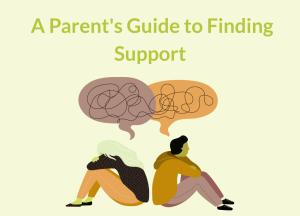
You Are Not Alone: A Parent’s Guide to Finding Support
Support your neurodivergent teen. This guide provides a directory of organisations, helplines, and resources for autism, ADHD, safeguarding, and online safety.
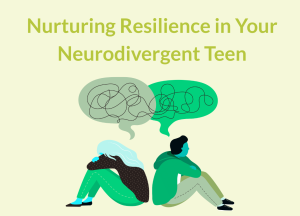
Beyond Protection: Nurturing Resilience in Your Neurodivergent Teen
Go beyond protection for your neurodivergent teen. Build resilience with strategies for social understanding, emotional management, and stronger life skills.
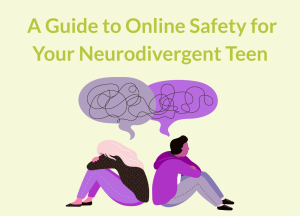
The Digital Playground: A Kind Guide to Online Safety for Your Neurodivergent Teen
Navigate online safety with your neurodivergent teen. Learn to empower them with a digital toolkit based on communication, tools, and skill-building.
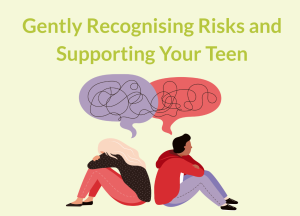
Friend or Foe? Gently Recognising Risks and Supporting Your Teen
Protect your neurodivergent teen. Learn to recognize risks like mate crime, online grooming, and exploitation, empowering you to be a proactive guardian.
You Are Not Alone: A Parent’s Guide to Finding Support
Support your neurodivergent teen. This guide provides a directory of organisations, helplines, and resources for autism, ADHD, safeguarding, and online safety.
Beyond Protection: Nurturing Resilience in Your Neurodivergent Teen
Go beyond protection for your neurodivergent teen. Build resilience with strategies for social understanding, emotional management, and stronger life skills.
The Digital Playground: A Kind Guide to Online Safety for Your Neurodivergent Teen
Navigate online safety with your neurodivergent teen. Learn to empower them with a digital toolkit based on communication, tools, and skill-building.
Friend or Foe? Gently Recognising Risks and Supporting Your Teen
Protect your neurodivergent teen. Learn to recognize risks like mate crime, online grooming, and exploitation, empowering you to be a proactive guardian.
Related Posts
If at first you don’t succeed …
The latest article within this series hasn't been written by Dr Judy Eaton, but...
Autism, Personality Disorder: Misdiagnosis and Stigma
Over the past twelve months , I have been writing another book, along with...
The Devastating Impact of Missed Autism Diagnoses: A Look at the St. George’s House Report
Understanding the crisis of Fabricated or Induced Illness (FII) allegations and...
It’s Not Only Girls Who Can Mask
Following on from the previous article regarding autistic children who mask, this...


